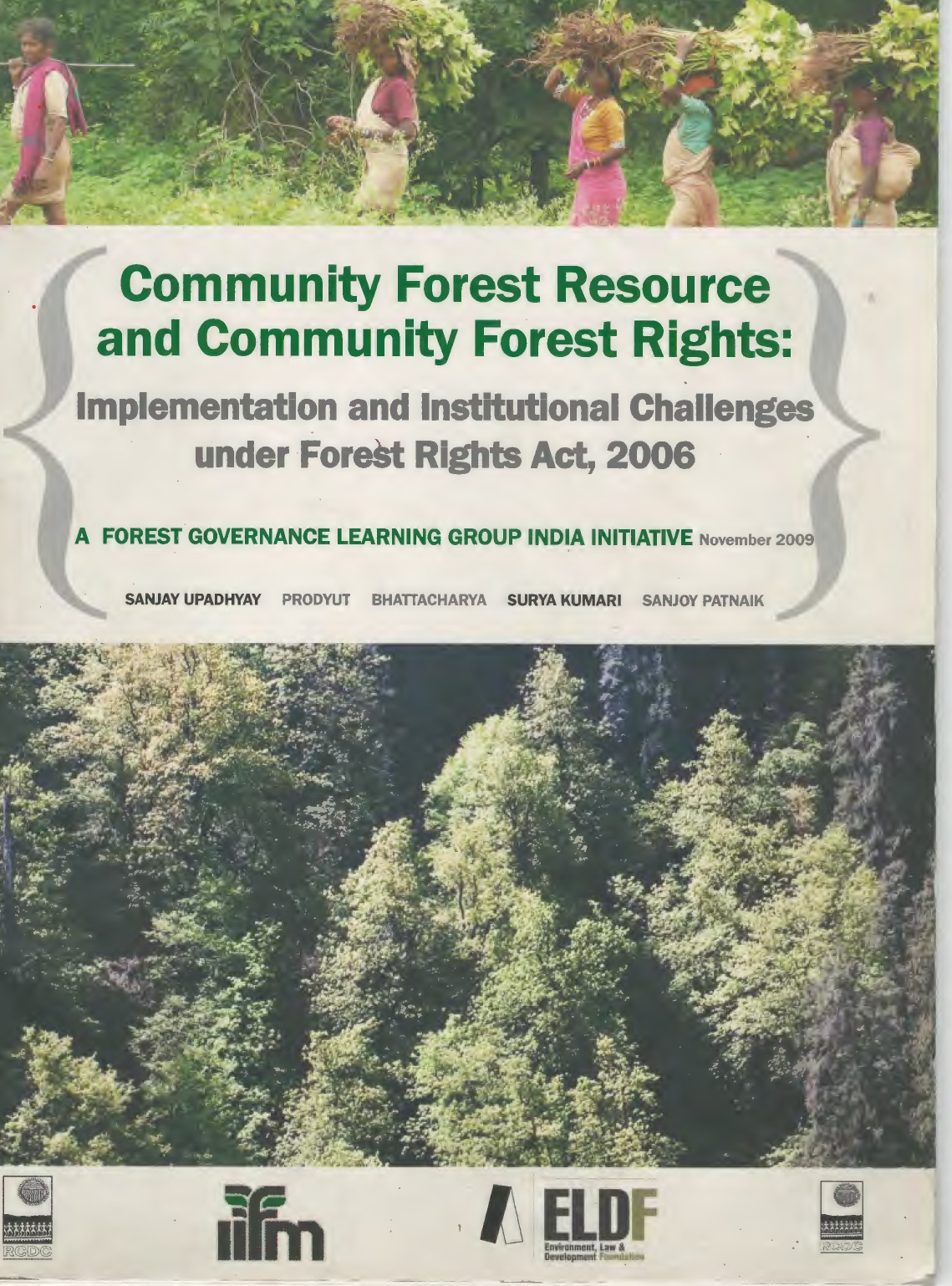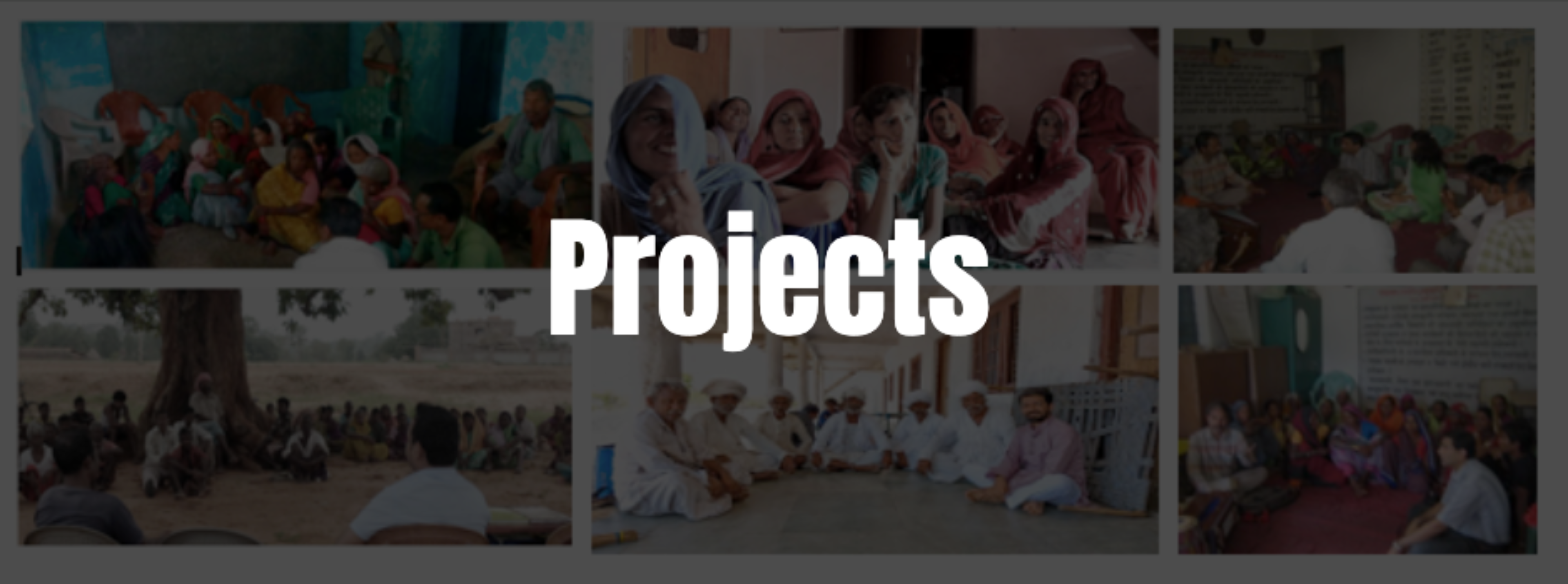
Access to Justice for Marginalised People, UNDP and Environment Law Development Foundation
Undoing Historical Injustice through Forest Rights Act and PESA – A Field Based, Solution Oriented plan for improving access to justice of marginalized community in Schedule V areas through the tool of Panchayat Shivirs.
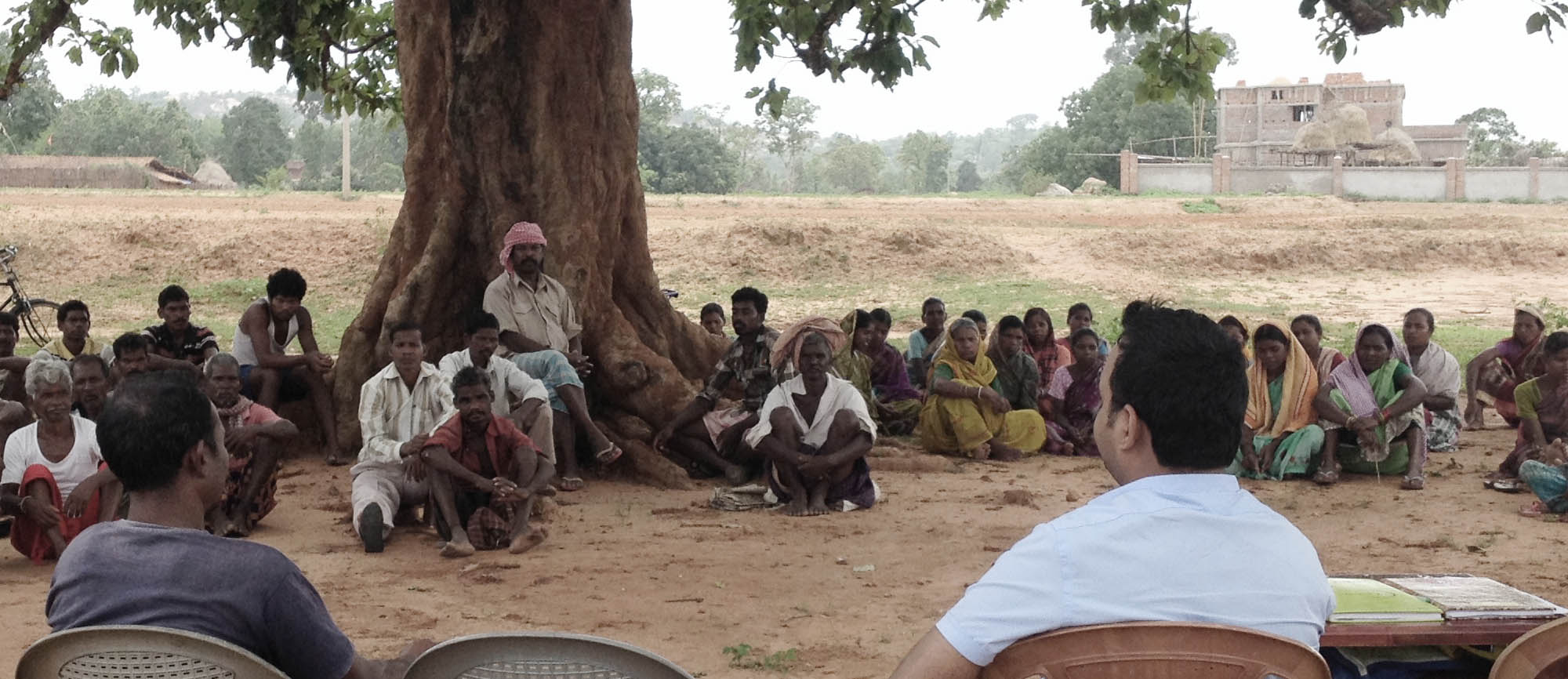
Protecting & Conserving commons for common good—Need a fresh legal perspective—An analysis of the state of Jharkhand & Chhattisgarh
Acts and policy review based program to prepare report on identified gaps, contradictions/ need for modification and suggesting additional provisions in the Act & Policies of the National & State Governments of two states for the management of such resources as common pool/property resources.

Protecting & Conserving commons for common good - Need a fresh legal perspective - An analysis of the state of Andhra Pradesh, Karnataka, Rajasthan, Gujarat, Madhya Pradesh & Orissa
Acts and policy review based program to prepare report on identified gaps, contradictions/ need for modification and suggesting additional provisions in the Act & Policies of the National & State Governments of six states for the management of such resources as common pool/property resources.
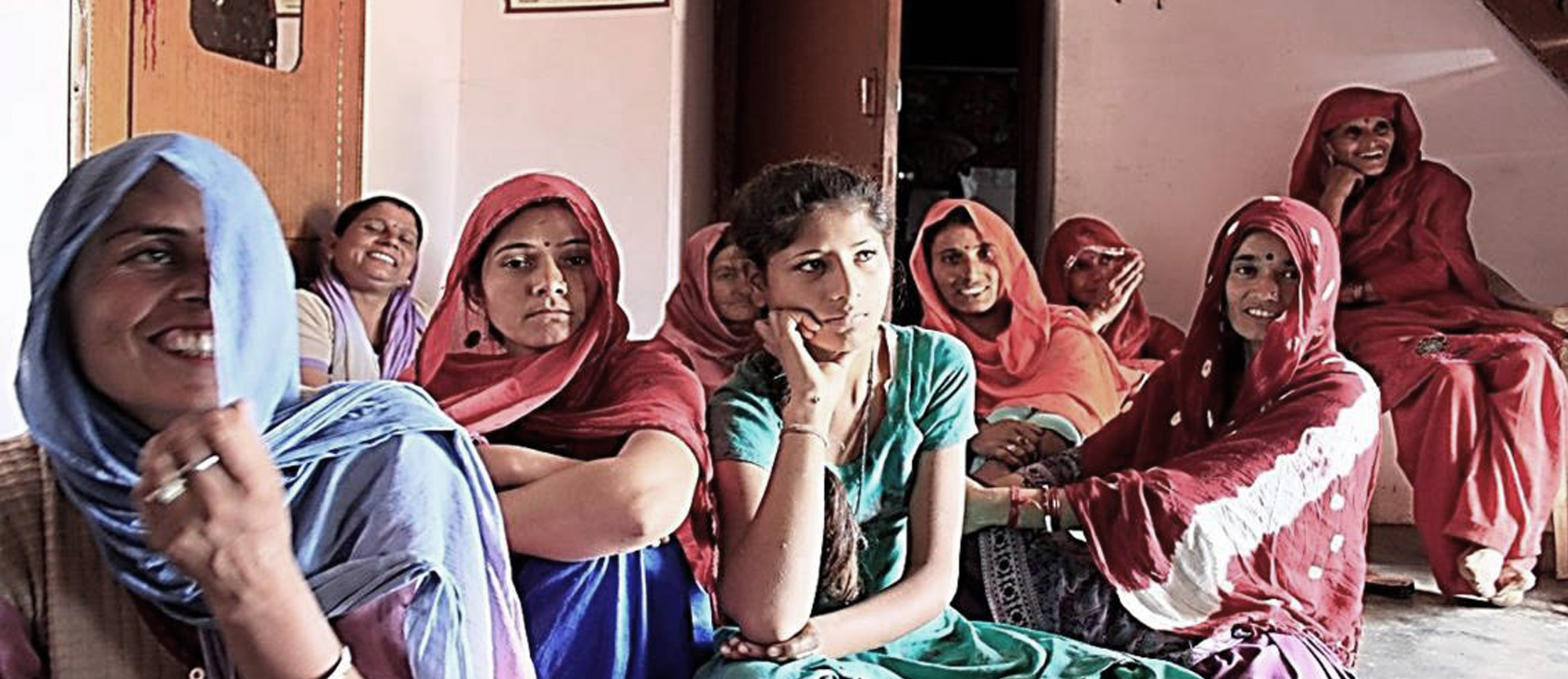
Young Lawyers for Justice Fellowship Programme

Young lawyers from the State of Chhattisgarh were trained through a fellowship programme on the socio-legal rights of the marginalised communities, i.e. women, Scheduled Castes, Scheduled Tribes, children, differently-abled people and minorities in the context of UNDP Access to Justice Project. (In partnership with the Enviro Legal Defence Firm)

Strengthening Participatory Forest Management in India
This field based, consultative program spanning over eight diverse states of India namely Assam, Chhattisgarh, Himachal Pradesh, Jharkhand, Kerala, Madhya Pradesh, Maharashtra and Odisha in 24 districts and 120 villages was the first ever evidence based study of its kind to assess the implementation of PFM and integrated measures for change in India. It specifically assessed the other pro poor climate strategies such as REDD+ that impact and improve participation of local communities in forest management and more importantly explored the private sector integration into PFM processes in India. A number of Policy Briefs were prepared to contribute to the current forest governance debates in India to showcase its diversity and challenges in the new socio-political dispensation. This study was aimed at contributing to strengthening the PFM framework in India.(In partnership with the Enviro Legal Defence Firm)
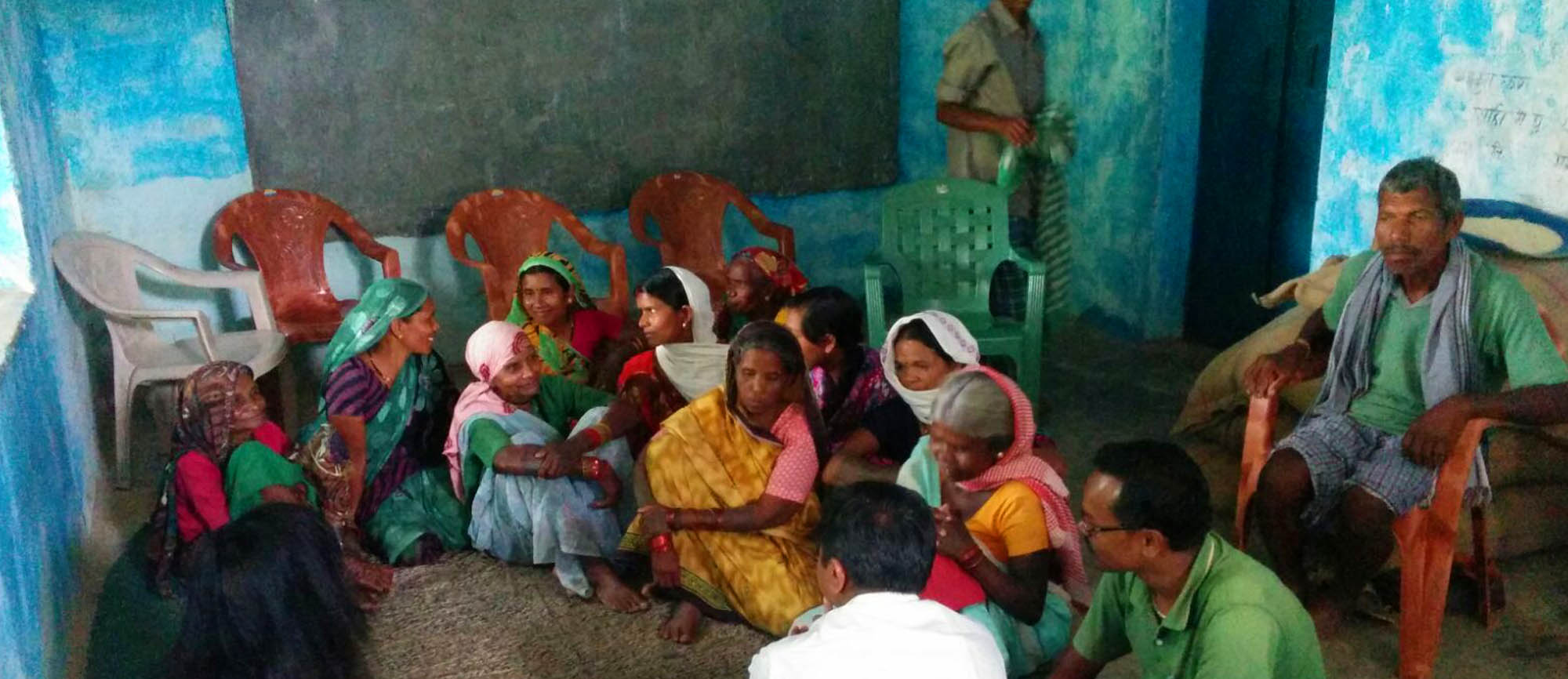
Panel Discussion on Climate Liability, Justice and Jurisprudence
ELD Foundation organized a panel discussion on Climate Liability, Justice and Jurisprudence with the Mobius Foundation. Our Foundation, being the knowledge partner of the event, brought together distinguished legal experts from the environment sector. Hon'ble Justice Hima Kohli (Rtd. Supreme Court) was the Chief Guest and other prominent legal experts including Hon'ble Dr Firoz Ahmad (Expert Member, National Green Tribunal) creating a vital platform for advancing climate justice discourse. The panel discussion was specifically curated to reach out to young and upcoming environmental students, researchers and lawyers. For ensuring young participation, Foundation reached out to Vice-Chancellors of all the law colleges/universities in NCR and we received overwhelming response from across the colleges.
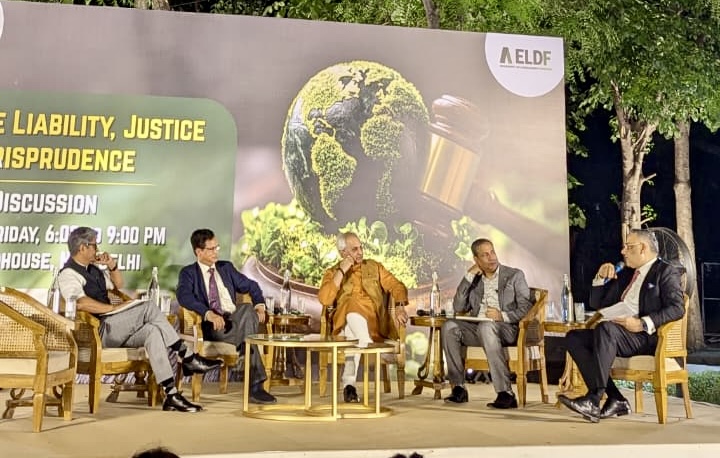
Community-Based Engagement and Training with Kutch Camel Breeders, Gujarat
This project involved community-based engagement and training with nomadic tribes Kutch camel breeders (Rabari) in the Jangi and Vondh in Gujarat. As a first step, our team lived among the nomadic tribes to understand their way of life. After understanding various nuances of their life, the team prepared the entire programme for the training. Our Foundation strengthened indigenous community voices by disseminating knowledge about the protection and conservation of mangrove ecosystems.
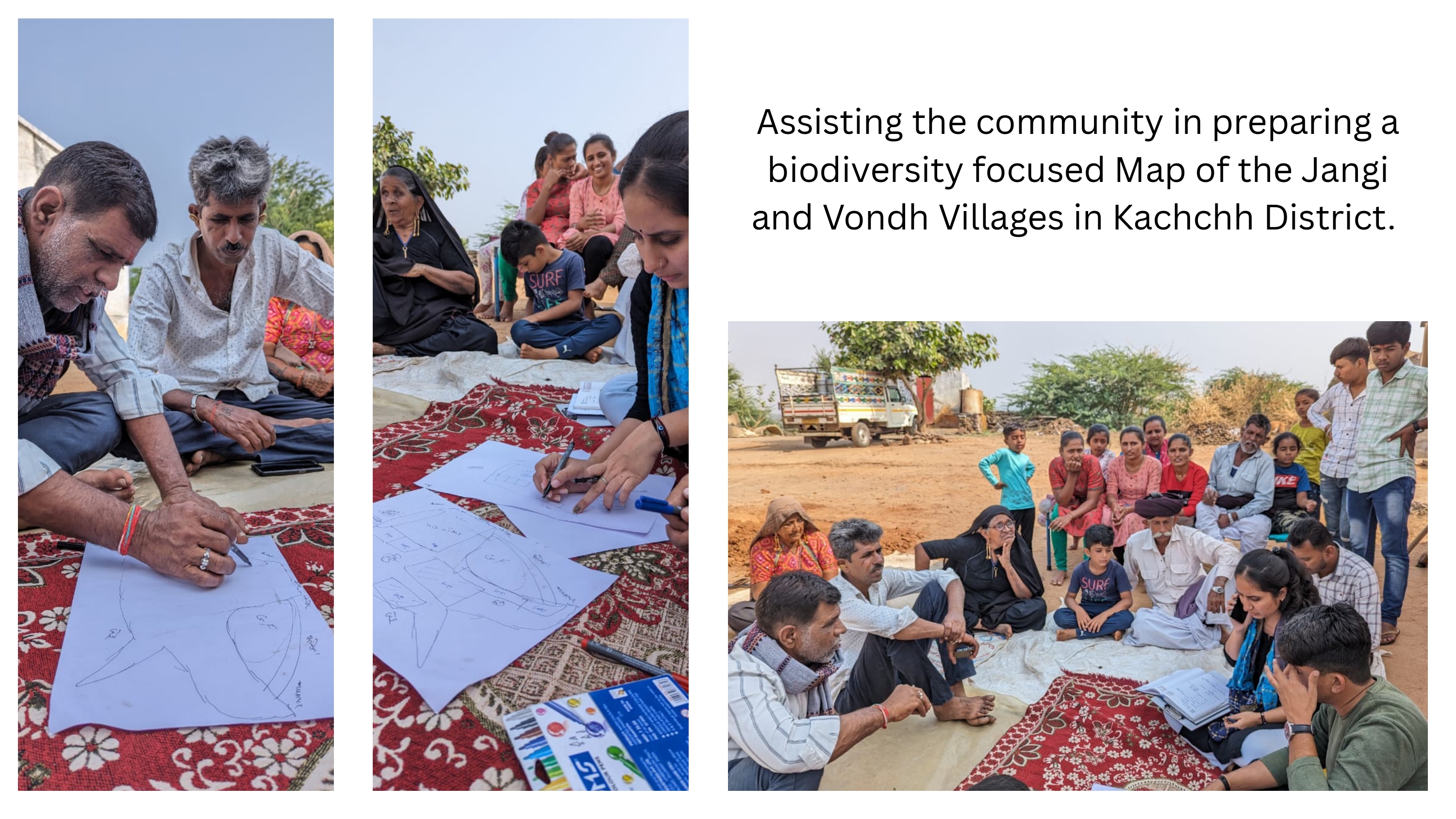
Webinar on the Effects of Air Pollution on Health and Environment
In collaboration with the HEAL Foundation, we conducted a webinar on the intersection of health and environment. It entailed expert panel discussions on critical issues of impact of air pollution on health and environment. The webinar bridged critical knowledge gaps on the effects of air pollution on health by connecting health professional and environmental experts.
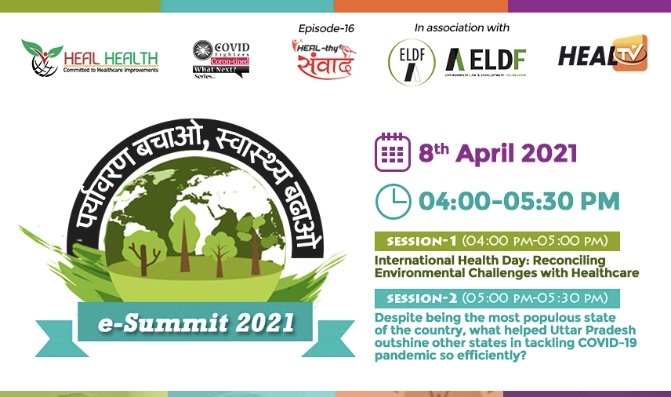
The Sustainable Environment and Energy Summit
In collaboration with the Social Responsibility Council (SRC), we organized The Sustainable Environment and Energy Summit 2019 under the guidance of Hon'ble Mr. Justice Swatanter Kumar (Rtd. Supreme Court of India and Chairperson, NGT). The event was attended by global leaders from UNEP, World Bank, and Central Government Ministers in comprehensive discussions across sustainability themes - green energy, climate adaptation, and pollution control.
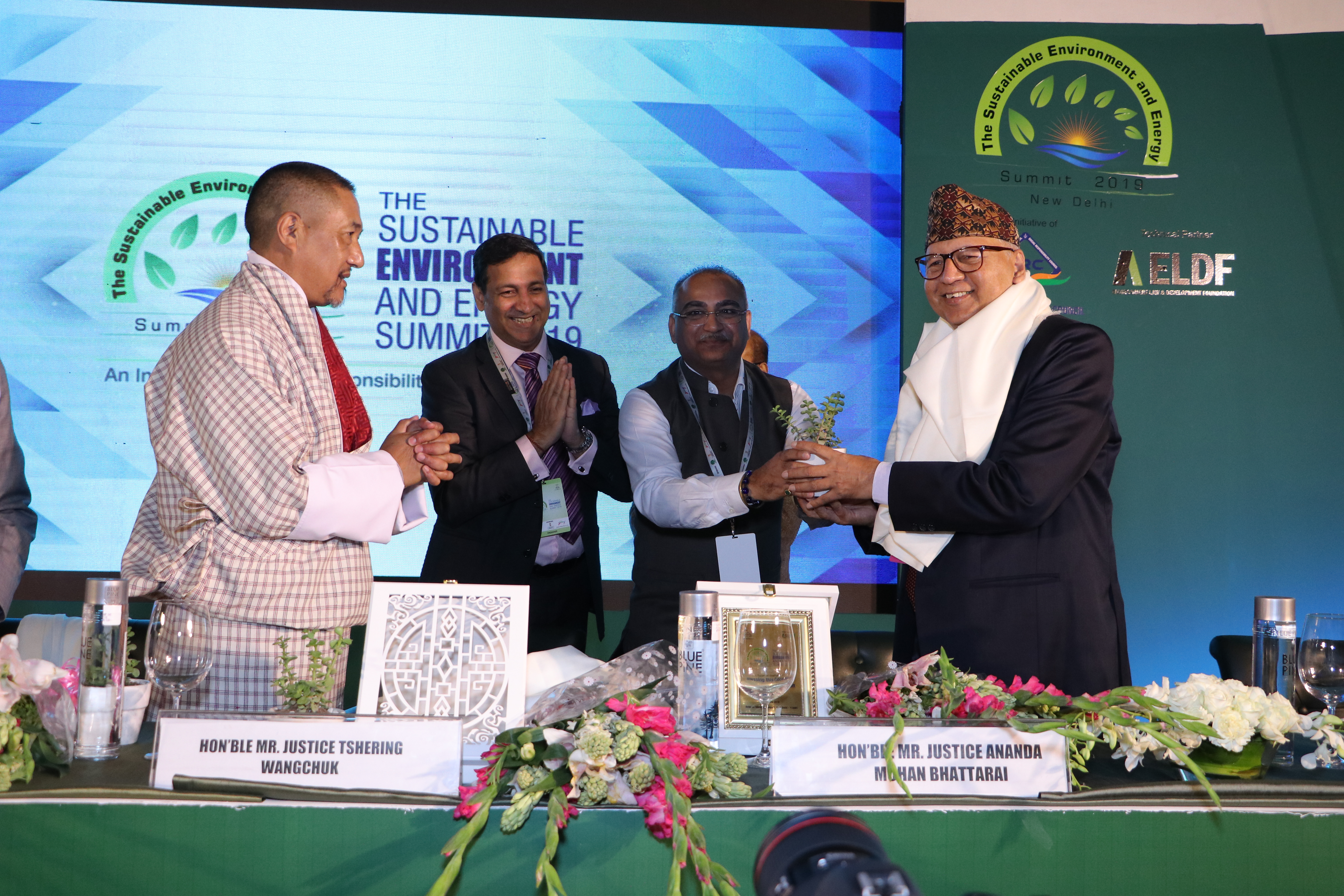
Community Forest Resource and Community Forest Rights
In collaboration with the Indian Institute of Forest Management and the Forest Governance Learning Group, we undertook a work which entailed an understanding of the key concepts of community forest resource and community forest rights in the context of Forest Rights Act, 2006. The study was conducted in three states of Madhya Pradesh, Orissa and Andhra Pradesh to report on the implementation and institutional challenges under Forest Rights Act, 2006. It further involved studying the recognition of Community Forest Rights and to identify key bottleneck through live examples to assist the mid-course corrections in the recognition process under the FRA especially on CFR determination and management regime as well as on community usufructs and its modality at the field level.
